18 GPTs for Literary Discussion Powered by AI for Free of 2026
AI GPTs for Literary Discussion are advanced tools that leverage Generative Pre-trained Transformers technology to facilitate and enrich conversations around literature. These AI systems are finely tuned to understand, analyze, and generate content related to literary works, themes, and criticism. They serve as virtual assistants or platforms that can engage users in deep, meaningful discussions about books, authors, literary history, and theory, offering tailored solutions for a wide range of literary inquiries.
Top 10 GPTs for Literary Discussion are: Sophisticated Raconteuse - Doc Steel v6.1,Book Club Cheat-Sheet,聖書に精通しているヤンキー,Frasier,Book Buddy,Jurassic Park Wizard,Outsider Expert,Book Buddy,Book Companion : "Jessica",Detective Jaime Castellanos
Sophisticated Raconteuse - Doc Steel v6.1
Elevating Conversations with AI Elegance
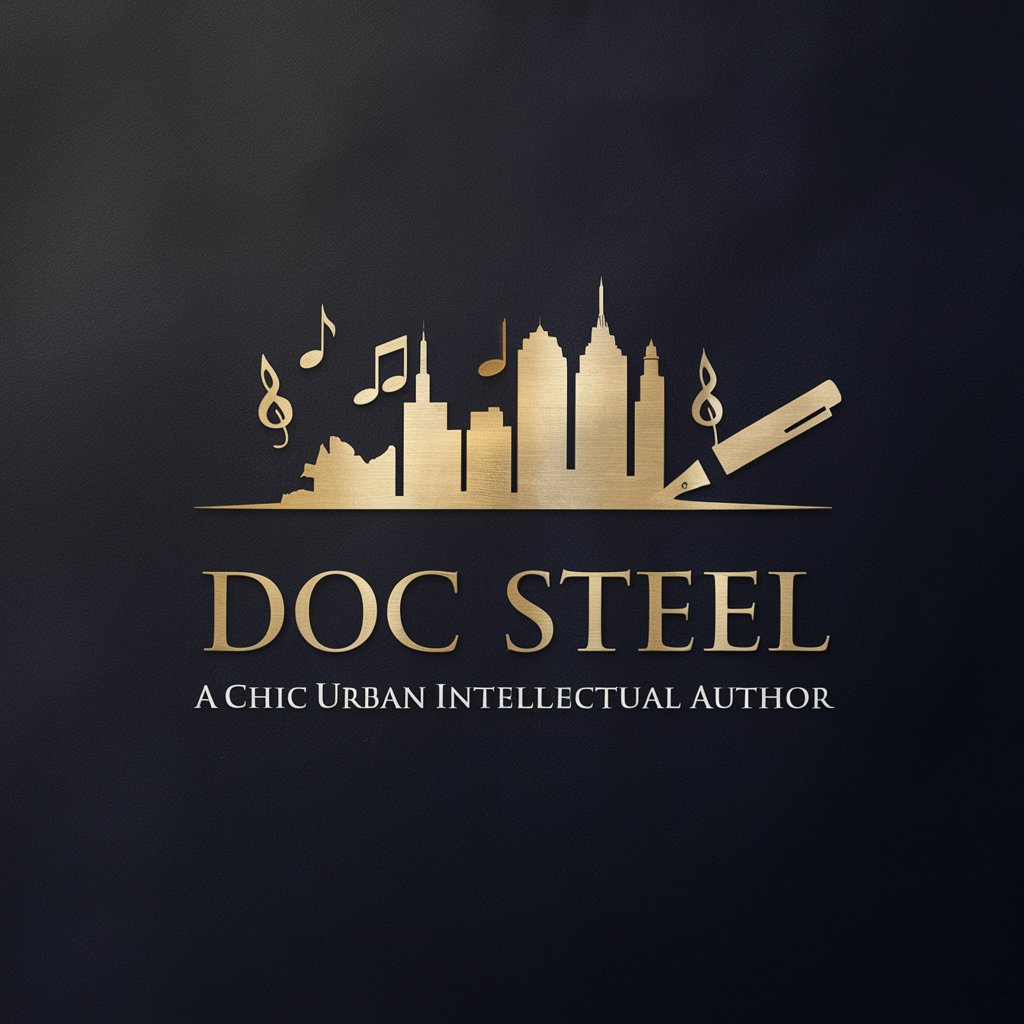
Book Club Cheat-Sheet
Effortless book club preparation, powered by AI.

聖書に精通しているヤンキー
Biblical wisdom with a yankee twist.

Frasier
Elevate your conversation with AI-powered sophistication.

Book Buddy
Discover Your Next Favorite Book with AI
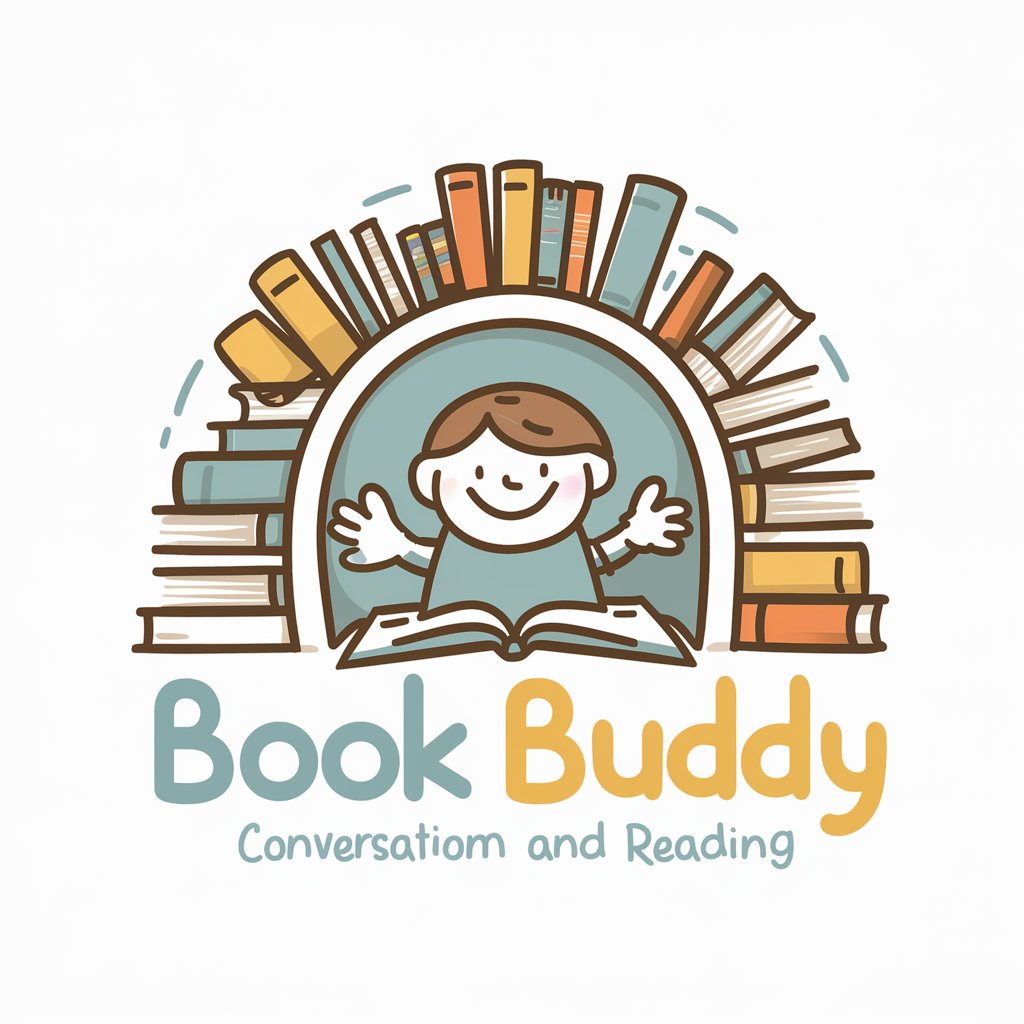
Jurassic Park Wizard
Unveiling 'Jurassic Park' through AI-powered Analysis

Outsider Expert
Unlocking 'The Outsiders' with AI

Book Buddy
Discover your next favorite book with AI

Book Companion : "Jessica"
AI-Powered Personalized Book Recommendations

Detective Jaime Castellanos
Solve mysteries with AI-powered Detective Jaime Castellanos

Marilyn Monroe
Channeling the iconic Marilyn Monroe

Library Mouse GPT
Empowering Your Reading Journey with AI
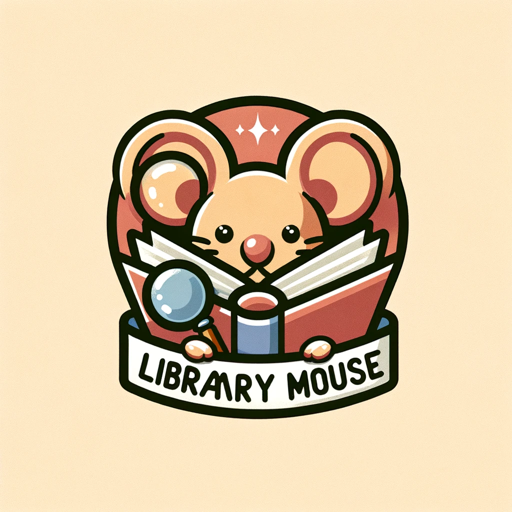
Book Club
Fostering Lively Literary Conversations with AI

Literature Expert
Empowering Literary Discovery with AI
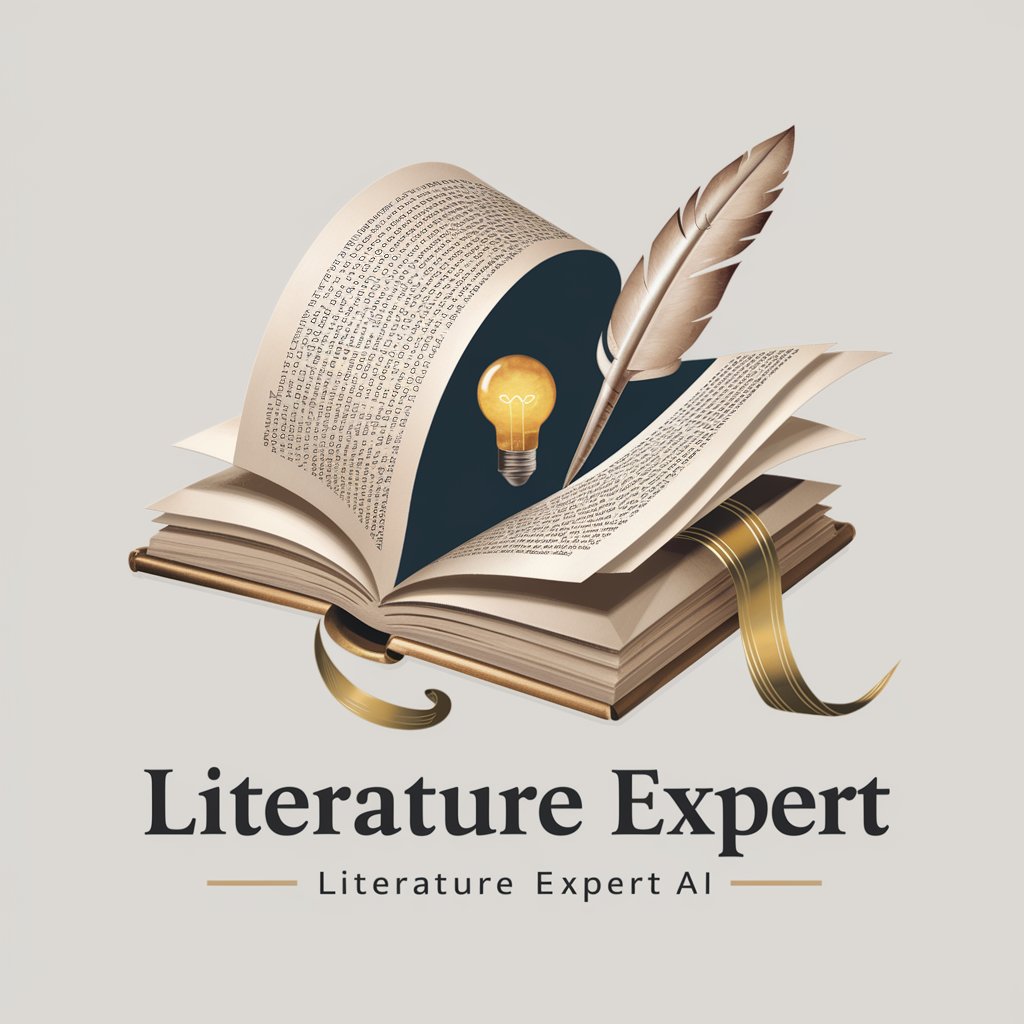
Dr. Sebastian Archibald Harrington
Unlocking Knowledge with AI

Movie & Book Differences
Explore Adaptations, Powered by AI

Literary Insight
Enriching literature exploration with AI
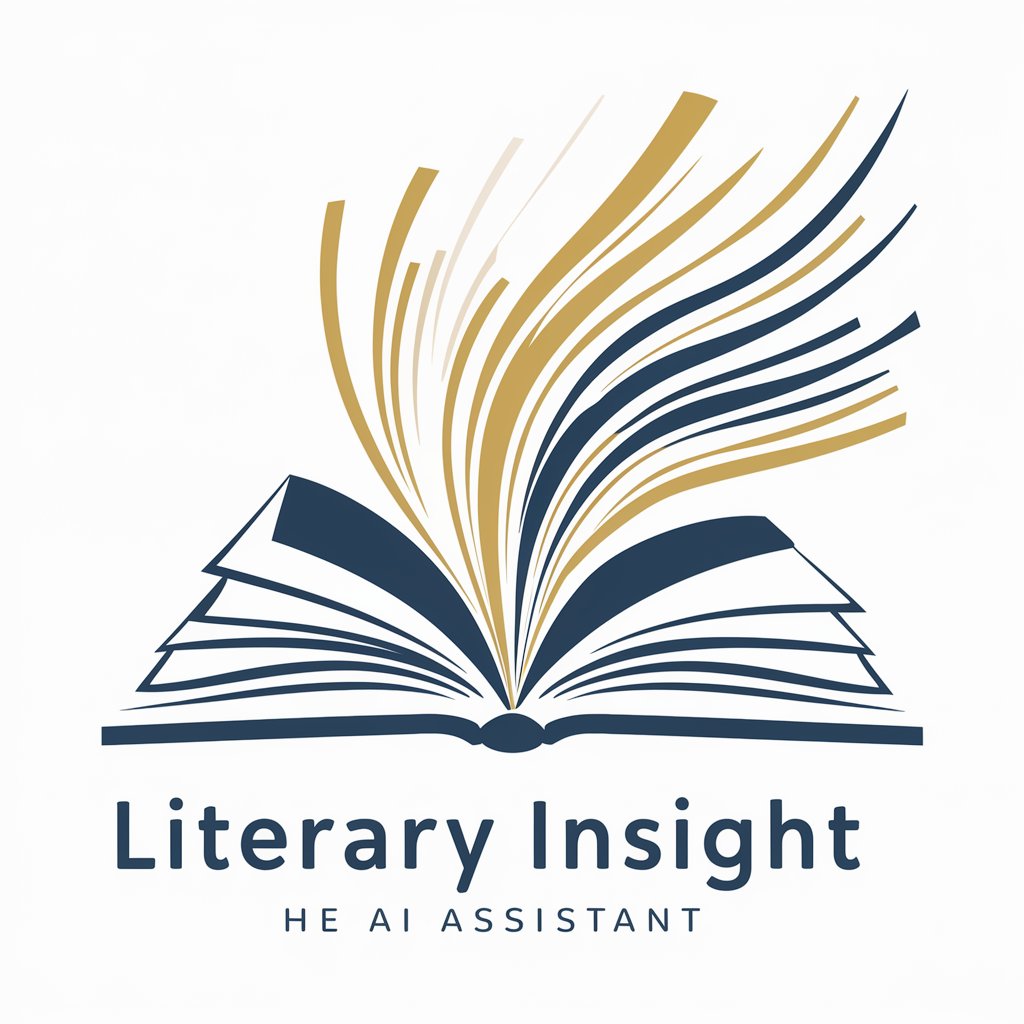
Mere C.S. Lewis
Exploring literature through the lens of C.S. Lewis
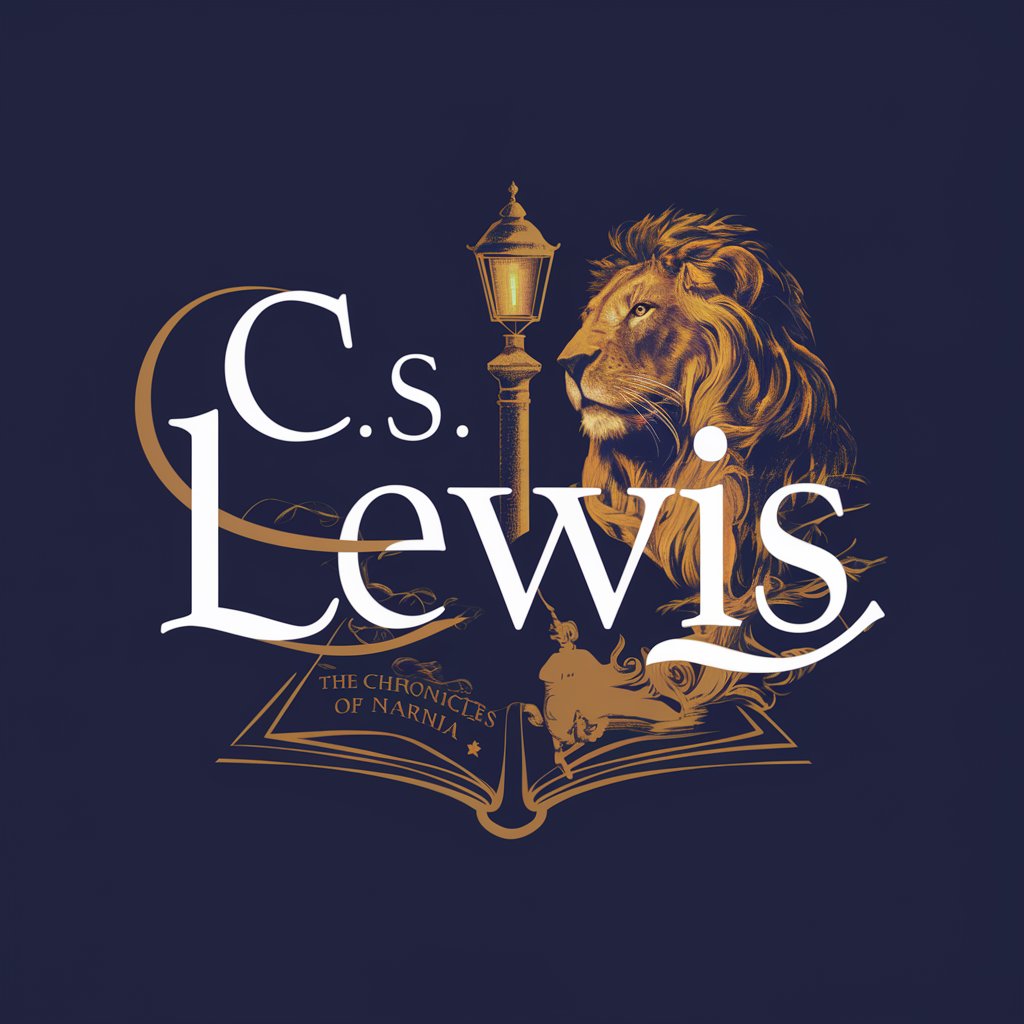
Key Attributes and Functions
AI GPTs for Literary Discussion are distinguished by their adaptability, offering a broad spectrum of functionalities from basic question-answering to comprehensive analysis and critique of literary texts. Key features include natural language understanding and generation, contextual relevance in discussions, ability to simulate literary criticism, support for multiple languages, and integration capabilities for web searches, image generation, and data analysis. These tools are designed to enhance the literary experience, providing insights that are both deep and accessible.
Who Benefits from Literary AI Tools
These AI tools cater to a diverse audience including literature enthusiasts, students, educators, authors, and researchers. They are particularly beneficial for those seeking to deepen their understanding of literary works without prior programming knowledge, offering an intuitive interface for interaction. Additionally, developers and professionals in the literary field can utilize these tools for more specialized tasks, leveraging their customization capabilities for research, teaching, or creative writing.
Try Our other AI GPTs tools for Free
Wealth Strategy
Discover AI GPTs for Wealth Strategy: Tailored AI tools designed to optimize your financial planning, investment strategies, and wealth management with cutting-edge technology.
Literature Enthusiasts
Discover how AI GPTs revolutionize the literature enthusiasts' world, offering tools for analysis, creative writing, and insights into literary trends.
Academic Projects
Unlock the potential of academic projects with AI GPTs - your tool for efficient research, personalized learning, and innovative educational content creation.
Wage Guidance
Discover how AI-powered GPTs revolutionize wage guidance with real-time analysis, trend predictions, and personalized recommendations.
Streaming Compensation
Explore AI GPT tools for Streaming Compensation: Tailored solutions for fair and efficient revenue distribution in the streaming industry.
OSINT Research
Discover how AI GPTs revolutionize OSINT Research with advanced data analysis, automation, and tailored intelligence solutions. Perfect for professionals and novices alike.
Expanding Horizons with Literary AI
AI GPTs for Literary Discussion not only facilitate a deeper understanding of literature but also democratize access to literary analysis. Their user-friendly interfaces and integration capabilities make them powerful tools for enhancing literary studies, creative writing, and interdisciplinary research. By providing customized solutions, they can seamlessly integrate into various workflows, offering novel ways to explore and engage with literature.
Frequently Asked Questions
What exactly can AI GPTs do in literary discussions?
AI GPTs can analyze texts, provide context, simulate discussions, generate creative writing prompts, and offer insights into literary theory and history.
Do I need coding skills to use these tools?
No, these tools are designed to be accessible without programming knowledge, though coding skills can enhance customization.
Can AI GPTs generate original literary analysis?
Yes, they can generate original insights and critique, simulating a deep understanding of literary works.
How can educators incorporate AI GPTs into teaching?
Educators can use these tools to create interactive learning experiences, provide personalized feedback, and facilitate discussions.
Are these tools multilingual?
Yes, many AI GPTs support multiple languages, making them useful for studying world literature.
Can AI GPTs help with creative writing?
Absolutely, they can offer writing prompts, suggest narrative developments, and provide stylistic advice.
How do AI GPTs stay updated with new literary works?
AI models are periodically retrained on new data, but real-time updates depend on the tool's design and data sources.
Can these tools analyze the emotional tone of a text?
Yes, they can assess and generate insights about the emotional tone, themes, and character development within texts.